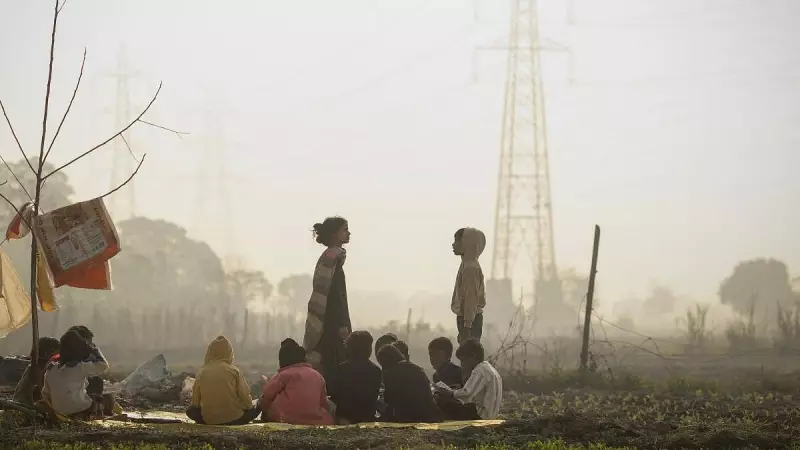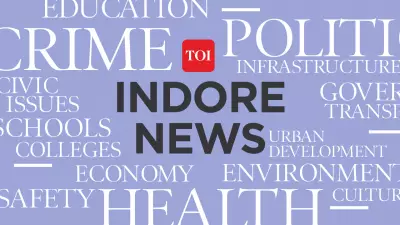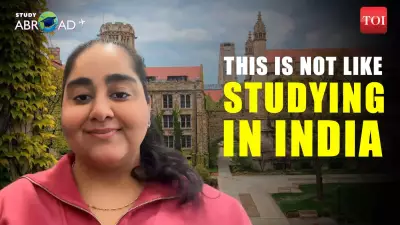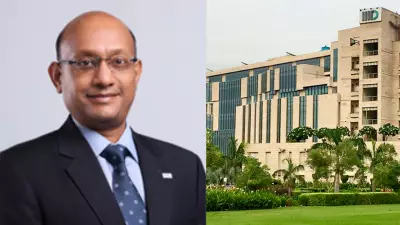
Delhi has taken decisive action to protect its youngest students from the city's worsening air pollution crisis. The government has directed all schools to implement hybrid learning模式 for children studying up to Class 5, blending both online and in-person instruction.
Government Intervention Against Toxic Air
The educational shift came on November 11, 2025, following the Central government's implementation of anti-pollution measures under Stage III of the Graded Response Action Plan (GRAP). This significant move aims to shield young children from the harmful effects of Delhi's severely polluted air, which has consistently reached hazardous levels in recent days.
The directive specifically targets students in the foundational education years, recognizing that younger children are particularly vulnerable to the health impacts of poor air quality. Medical experts have repeatedly warned that exposure to such pollution levels can cause both immediate and long-term respiratory problems in developing children.
Understanding the GRAP Framework
The Graded Response Action Plan represents a systematic approach to combating air pollution in Delhi and the surrounding National Capital Region. Stage III measures are activated when air quality deteriorates to "severe" levels, triggering a series of mandatory restrictions across various sectors.
Under this stage, the government implements multiple pollution control measures simultaneously. The education sector intervention joins other restrictions including limitations on construction activities, regulations on vehicle usage, and controls on industrial operations that contribute to the city's toxic air blanket.
Impact on Delhi's Education System
The hybrid learning model requires schools to maintain academic continuity while minimizing children's exposure to polluted outdoor environments. Schools must ensure that:
- Physical classes continue with appropriate safety measures
- Online learning options are available for concerned parents
- Attendance flexibility is provided during pollution peaks
- Outdoor activities and sports are restricted or modified
This isn't the first time Delhi has implemented such measures during pollution seasons. The city has increasingly turned to hybrid education models during winter months when atmospheric conditions and agricultural burning combine to create what locals call the "pollution season."
The ongoing situation highlights the persistent environmental challenges facing India's capital city and the innovative approaches authorities are taking to protect public health, particularly for the most vulnerable populations. As Delhi continues its battle against air pollution, such educational adaptations may become regular features of the academic calendar until more permanent solutions to the air quality crisis are implemented.





